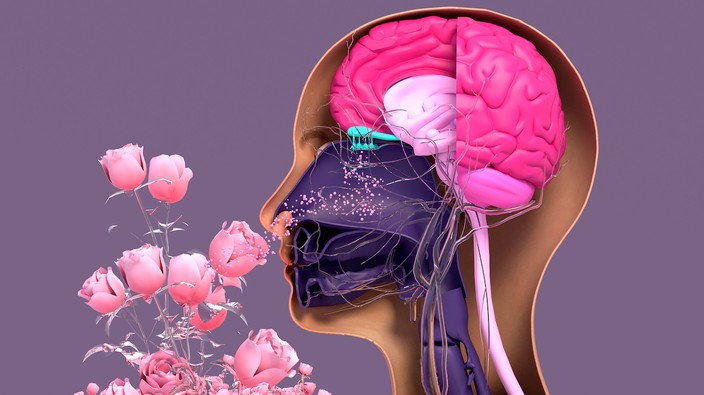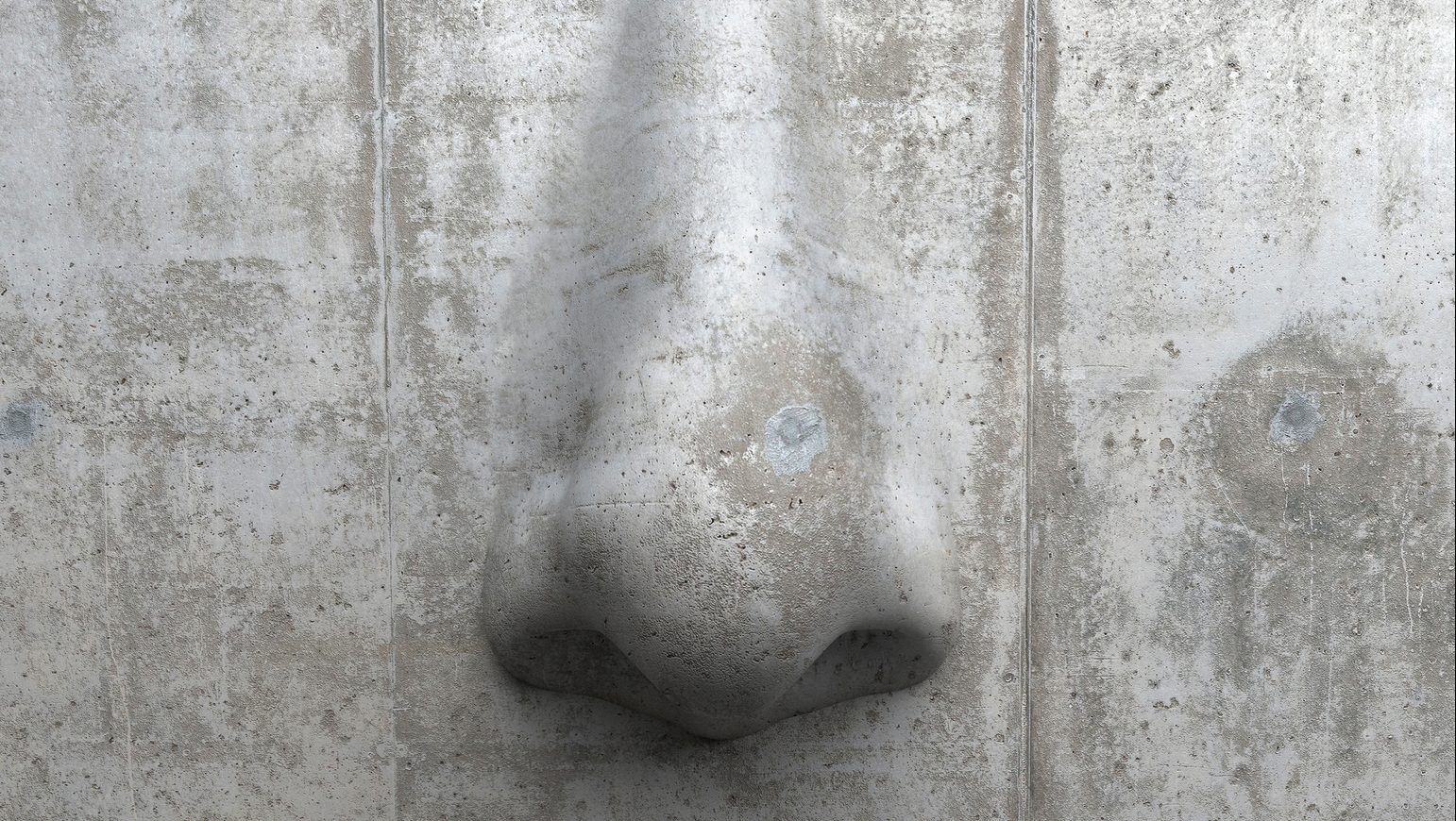like the smell of vanilla? so does the rest of the world
a study that looked at what odours we like most found that favourite scents around the world include vanilla, peaches or pineapple, while most of us dislike stinky feet.
how the trauma of the pandemic has affected us
from crying in young children to tension and conflict in workplaces, covid-19 has posed big challenges for our mental health, according to the latest lifeworks mental health index.
is loss of smell a sign of alzheimer's?
recent study linking loss of smell with brain diseases raises questions about covid-related side effects.
 7 minute read
7 minute read









